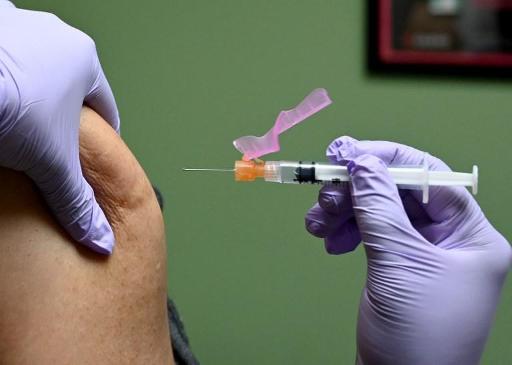The roll-out of vaccinations is on its way in the EU member states but there are still some questions about the distribution and timing that need to be clarified. The distribution will get up to speed only in the second quarter when more vaccines will be available.
As previously reported, vaccine doses are allocated to the member states on a strict pro rata basis. “The starting point is always a prorata distribution on the basis of population, but some member states may wish more, others less. These discussions are held by the member states,” a Commission spokesperson told The Brussels Times.
The willingness to get vaccinated, however, varies by country and in some member states anti-vaccine scepticism is reportedly high. In Italy, for example, only 62 % have said that they would get an available vaccine and in the France the figure is even lower, only 40 %. Scepticism has been fuelled by fake news about alleged dangers of vaccinations.
To beat COVID-19, a majority of the population needs to get vaccinated to generate group immunity. In the beginning of the outbreak of the pandemic, figures of 60 – 70 % were mentioned but now the threshold for group immunity is considered to be higher and may be up to 90 %.
Will the differences in anti-vaccine scepticism in member states influence the pro-rata distribution of vaccine doses and result in a modification of the allocation?
Apparently not, according to the European Commission’s spokesperson at the press conference on Monday (18 January). The starting point for the allocation remains the same but member states have the possibility to discuss between themselves about a redistribution according to their needs and deviate from the starting point based on pro-rata.
Another issue concerns the timing between the two vaccinations with the Pfizer-BioNtech vaccine. According to information from Pfizer, the second shot of the vaccine should be taken 21 days after the first shot to achieve the maximum immunity of 95 % but the period can be extended by some more days. How many, is not clearly, but an interval 21 – 28 days has been mentioned.
Because of the still insufficient deliveries of the Pfizer vaccine, some countries have been considering of postponing the second shot even longer to enable more people to be vaccinated the first time. Swedish state epidemiologist Anders Tegnell has even claimed (Swedish daily Dagens Nyheter) that it is possible to wait up to six weeks for the second shot.
It is possible that it does not change the protection after the first shot, which is 40 – 50 % protection. When waiting for the second shot, there is a considerable risk of being infected. In fact, a small percentage of those who have been vaccinated in Israel, where data is available after more than 2 million people were vaccinated, have been infected after the first shot and also after the second shot.
The European Medicines Agency (EMA) writes on its website that the two doses of the Pfizer vaccine need to be taken at least 21 days apart. The agency did not reply to requests from The Brussels Times to clarify the recommended interval of days between the two vaccinations.
“EMA is following this and should be able to give the right scientific advice, based on the product information provided by the vaccine developer,” the Commission spokesperson told The Brussels Times. The Commission is not qualified to reply to this question.
"A European approach to fighting the pandemic is the correct way out of this crisis. National go-it-alone approaches are detrimental to the common European strategy,“ MEP Tilly Metz (Greens/EFA) said today. "Nationally ordered vaccines will only be delivered after those purchased by the European Union. We are calling for focus on European coordination, transparency, effectiveness and safety.”
Update: According to figures published by Israeli daily Haaretz today (19 January), the infection rate in a sample of vaccinated people was 5,4 % a week after the first shot.
Serological tests of medical staff at Sheba hospital in Tel Aviv a week after the second shot showed that almost all in a sample had antibody levels 6 to 20 times higher than a week earlier.
The newspaper reports that the big jump in immunity is meant to come between day 15 and day 21, when the vaccine’s effectiveness is expected to increase from 52 % to 89 %, according to Pfizer. The second shot will bring the percentage to 95 %.
M. Apelblat
The Brussels Times

